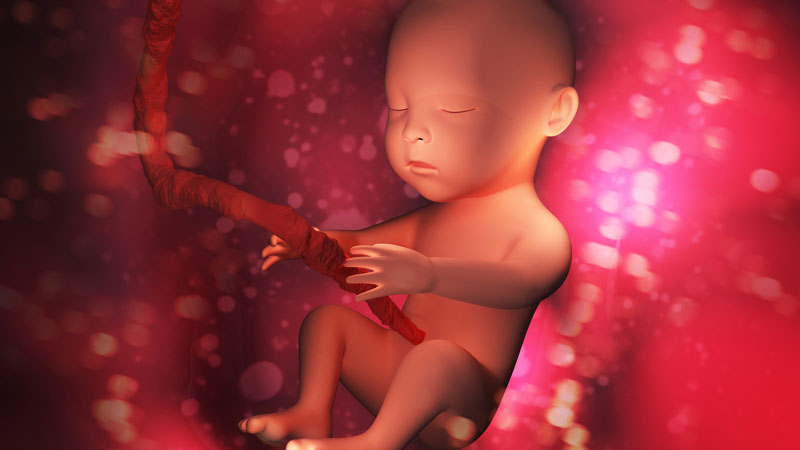South Carolina lawmakers plan to introduce a bill in January to prohibit abortions after an unborn baby has a detectable heartbeat.
Greenville News reports the proposed bill would ban most abortions in South Carolina. An unborn baby’s heartbeat is detectable around six weeks of pregnancy, though new research suggests the heartbeat may begin as early as 18 days after conception.
About 5,100 unborn babies were aborted in South Carolina in 2017, and most were later than six weeks of pregnancy, according to the state Department of Health and Environmental Control.
State Rep. John McCravy, R-Greenwood, is behind the effort.
“It’s a common-sense bill. If a heart stops beating permanently, the person is dead,” McCravy said. “Common sense should tell us that when a heart is beating, we have a precious human life that should not be terminated.”
The controversial legislation could have a rough time getting through the state Senate, though. According to the local news, Democrats have enough members to filibuster the bill.
Here’s more from the report:
Last year, Senate Democrats took turns stalling a vote on an outright abortion ban for days until Republicans gave in and dropped the proposal.
Still, conservatives in both the House and Senate plan to press on.
Click Like if you are pro-life to like the LifeNews Facebook page and receive the latest pro-life news.
House Majority Leader Gary Simrill, R-York, told The State a heartbeat bill likely will pass the State House’s lower chamber. And Sen. Larry Grooms, R-Berkeley, said he will introduce a companion bill in the S.C. Senate.
“Whether the child is born or preborn, murder is wrong and the government (has a primary) duty to protect a fundamental right to life,” Grooms said.
Pro-life Gov. Henry McMaster, who also is in a battle to defund the abortion giant Planned Parenthood, said he would support the legislation.
Ohio also is considering a heartbeat bill this winter. The state House passed the bill in mid-November, and the state Senate likely will pass it. However, current Gov. John Kasich said he will veto the bill.
Heartbeat bills have been met with skepticism in the past, even by many pro-life groups, because of pro-abortion legal challenges. When states lose legal challenges to the abortion industry, their taxpayers often are forced to pay the abortion group’s legal fees.
North Dakota and Arkansas passed heartbeat bills several years ago, but federal courts struck down both laws. The Eighth Circuit Court of Appeals said the following about their ruling: “Because there is no genuine dispute that (North Dakota’s law) generally prohibits abortions before viability — as the Supreme Court has defined that concept — and because we are bound by Supreme Court precedent holding that states may not prohibit pre-viability abortions, we must affirm the district court’s grant of summary judgment to the plaintiffs.”
The U.S. Supreme Court refused to hear an appeal of the cases in 2016.
There is more hope that the new conservative-majority U.S. Supreme Court may consider an abortion ban, but it is difficult to say if it would for certain. Some legal scholars have speculated that the conservative court would be more likely to consider cases that gradually chip away at Roe v. Wade rather than reverse it completely.








